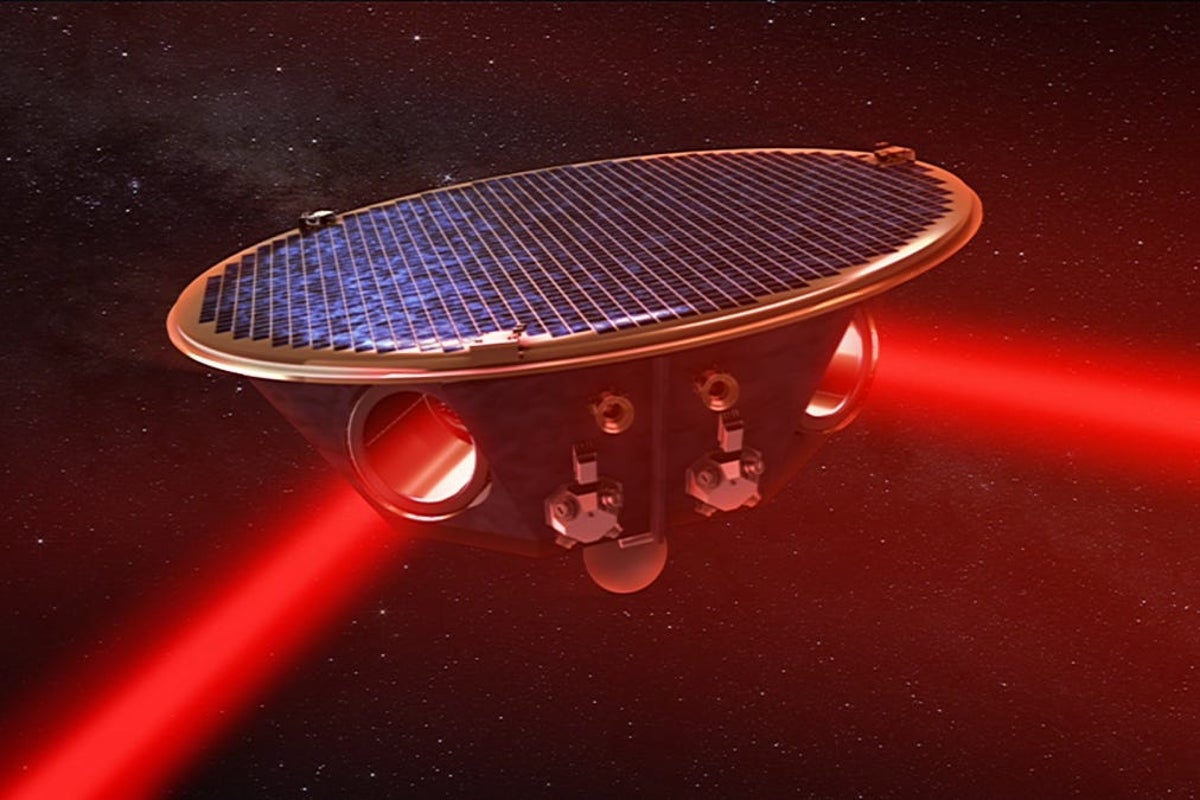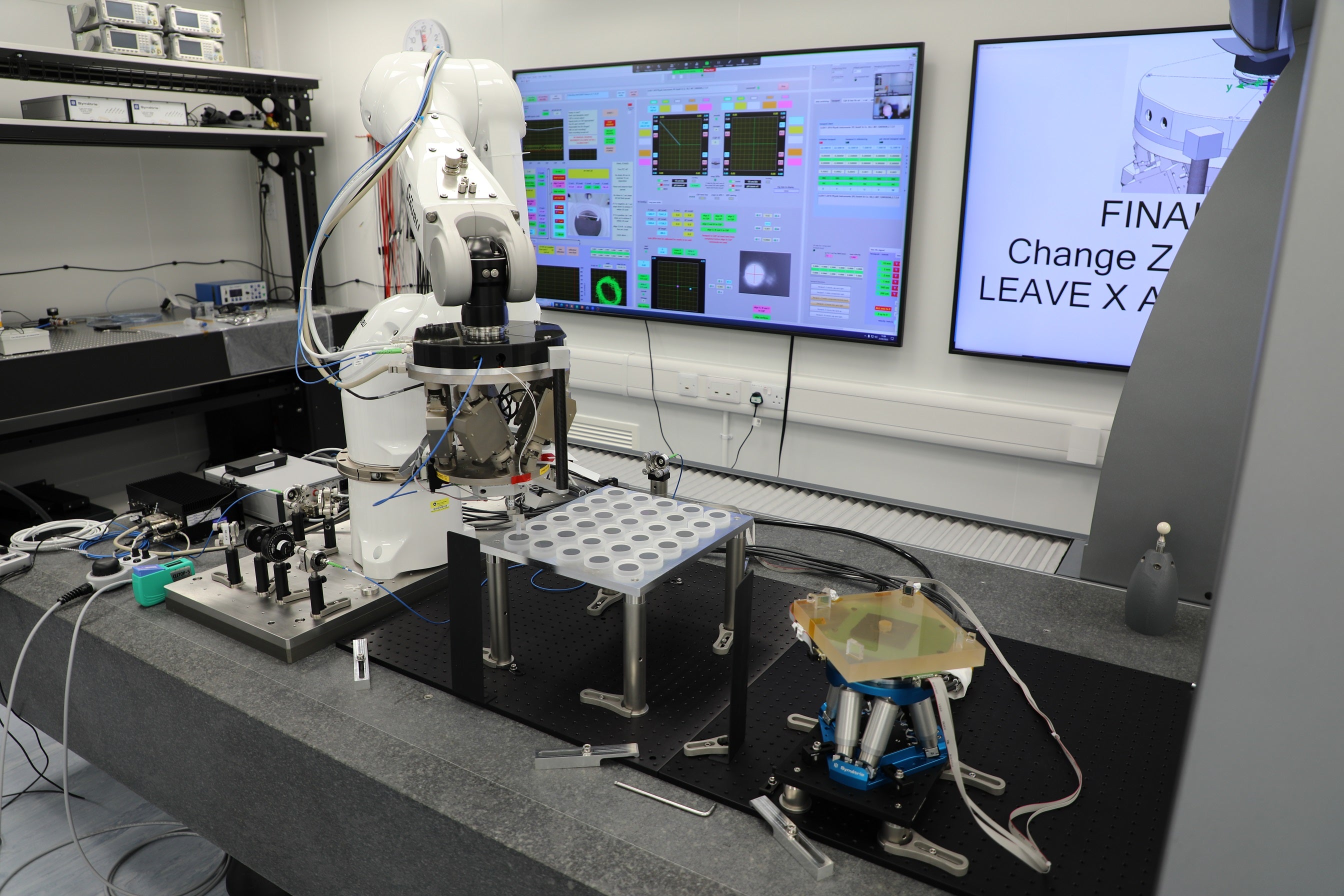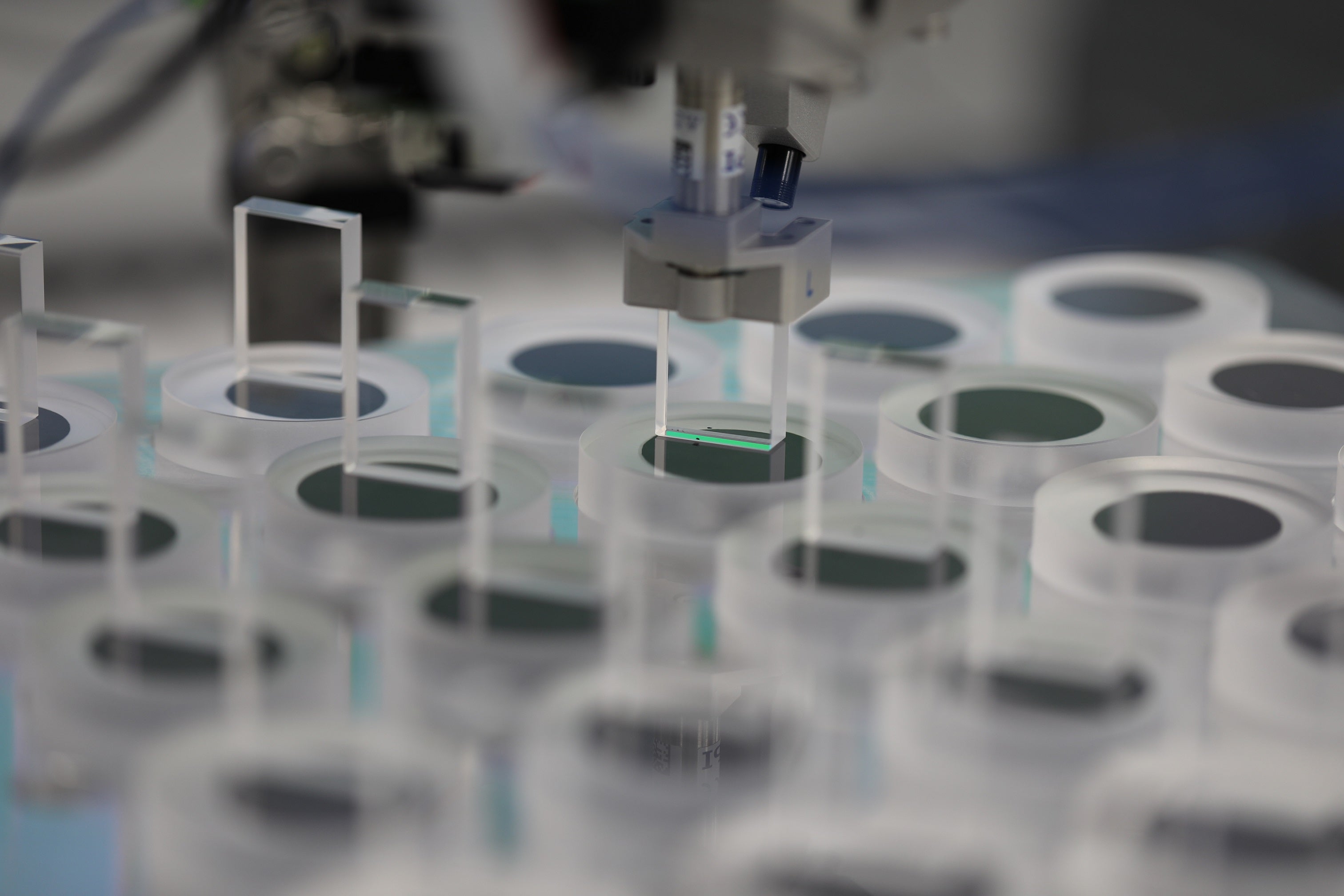
Scottish research laboratories are set to benefit from £10 million in funding for a European mission to deploy spacecraft which will measure ripples in the fabric of spacetime.
The European Space Agency (ESA) project involves deploying three spacecraft which will orbit the sun more than 60 million kilometres from Earth, forming a triangle with sides 2.5 million kilometres long.
The Laser Interferometer Space Antenna (Lisa) project will use lasers, routed through optical benches made at the Royal Observatory Edinburgh site, to measure gravitational waves.
These waves are tiny distortions in spacetime caused by cosmic events such as the merging of black holes or supernovae.

It is hoped the mission, which is not expected to launch until after 2035 and will cost more than £1 billion, will provide scientists with a better understanding of some of physics’ greatest mysteries.
The £10 million funding will go towards creating new lab spaces at the UK Astronomy Technology Centre (UK ATC), which will double its construction capabilities.
Due to the vast distances involved in the study, the benches must be built to an exacting degree of precision.
Production of the benches has already begun, using a technique known as robotically-assisted bonding which places components with the accuracy of a micron – one millionth of a millimetre.
Ten optical benches will be required including prototypes and spares, a meticulous process which will take around eight years.

Paul Bate, chief executive of the UK Space Agency, said: “With major contributions to the James Webb Space Telescope and this new investment in Lisa, Scotland is at the heart of two of humanity’s most important and innovative space science missions.
“The scale of the engineering challenge associated with Lisa is staggering – it is a flagship mission for Europe and it will be made possible by expertise in Edinburgh and Glasgow.
“This is a great example of how our leading role in ESA is delivering jobs and discovery for UK science.”
Ewan Fitzsimons, UK principal investigator for Lisa at UK ATC, said: “This investment in labs and staff will enable us to meet the exacting standards required for this groundbreaking project.
“It not only enhances our technical capabilities but also underscores the critical role of precision engineering in complex space missions such as Lisa.”







